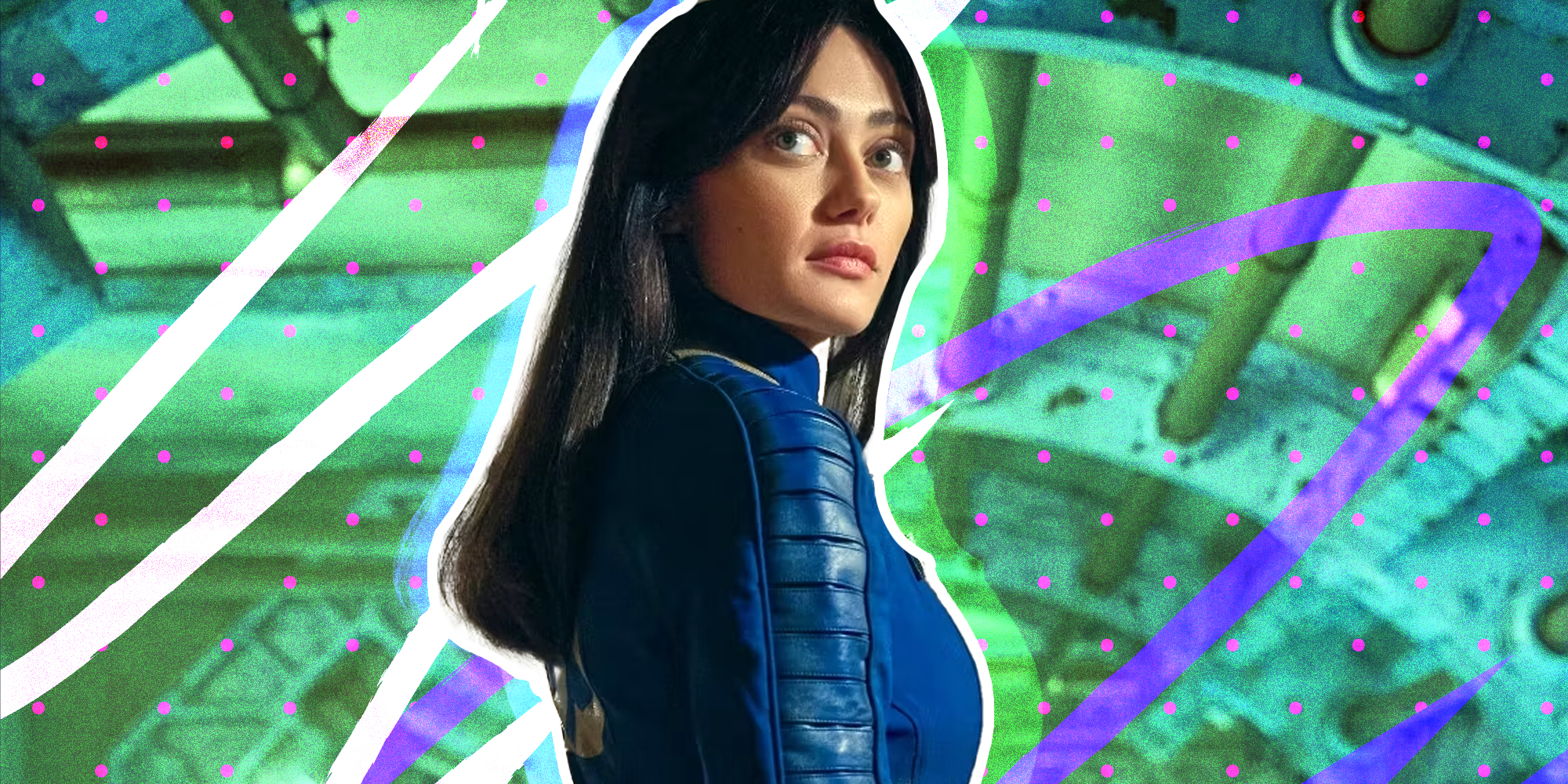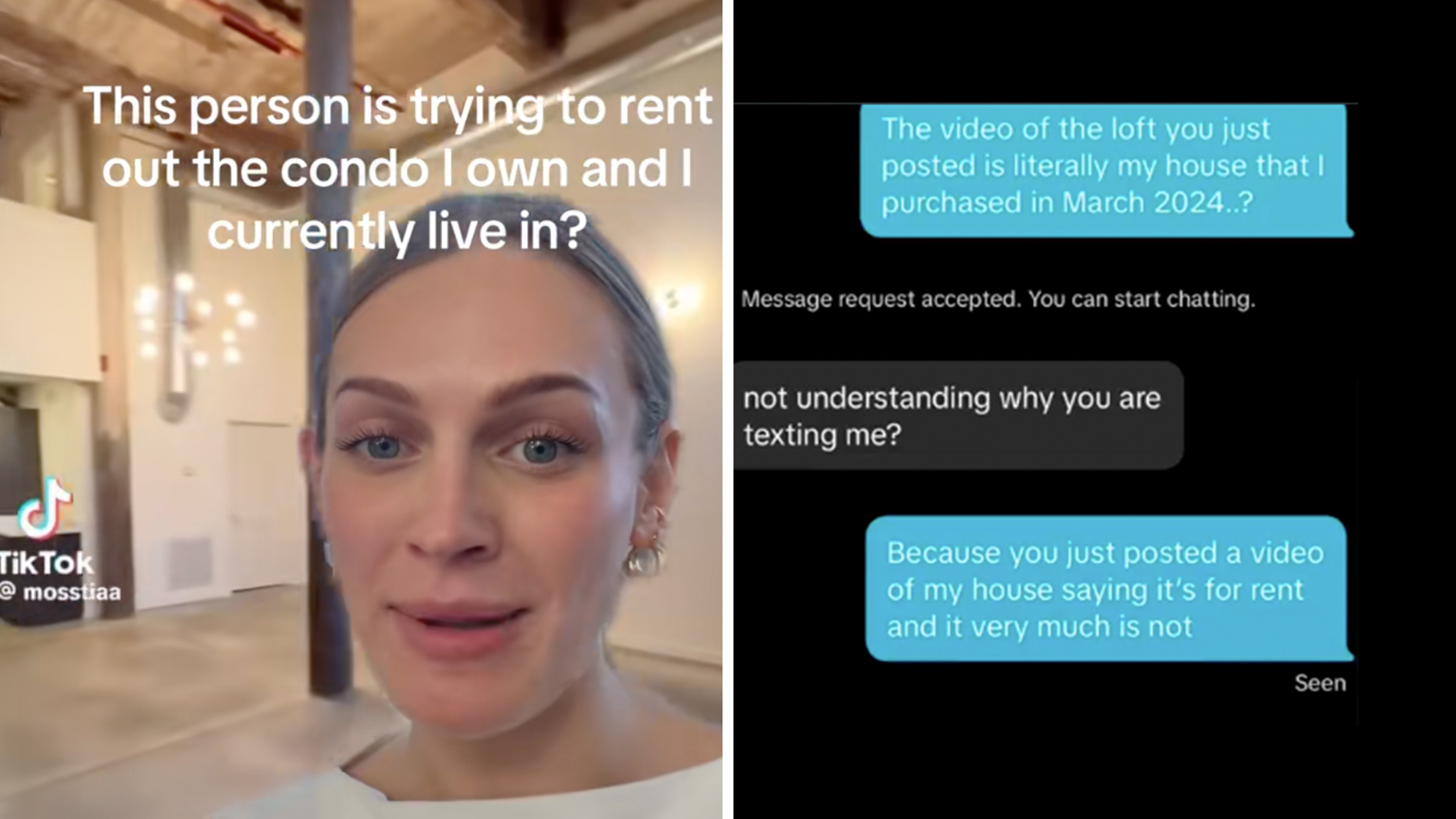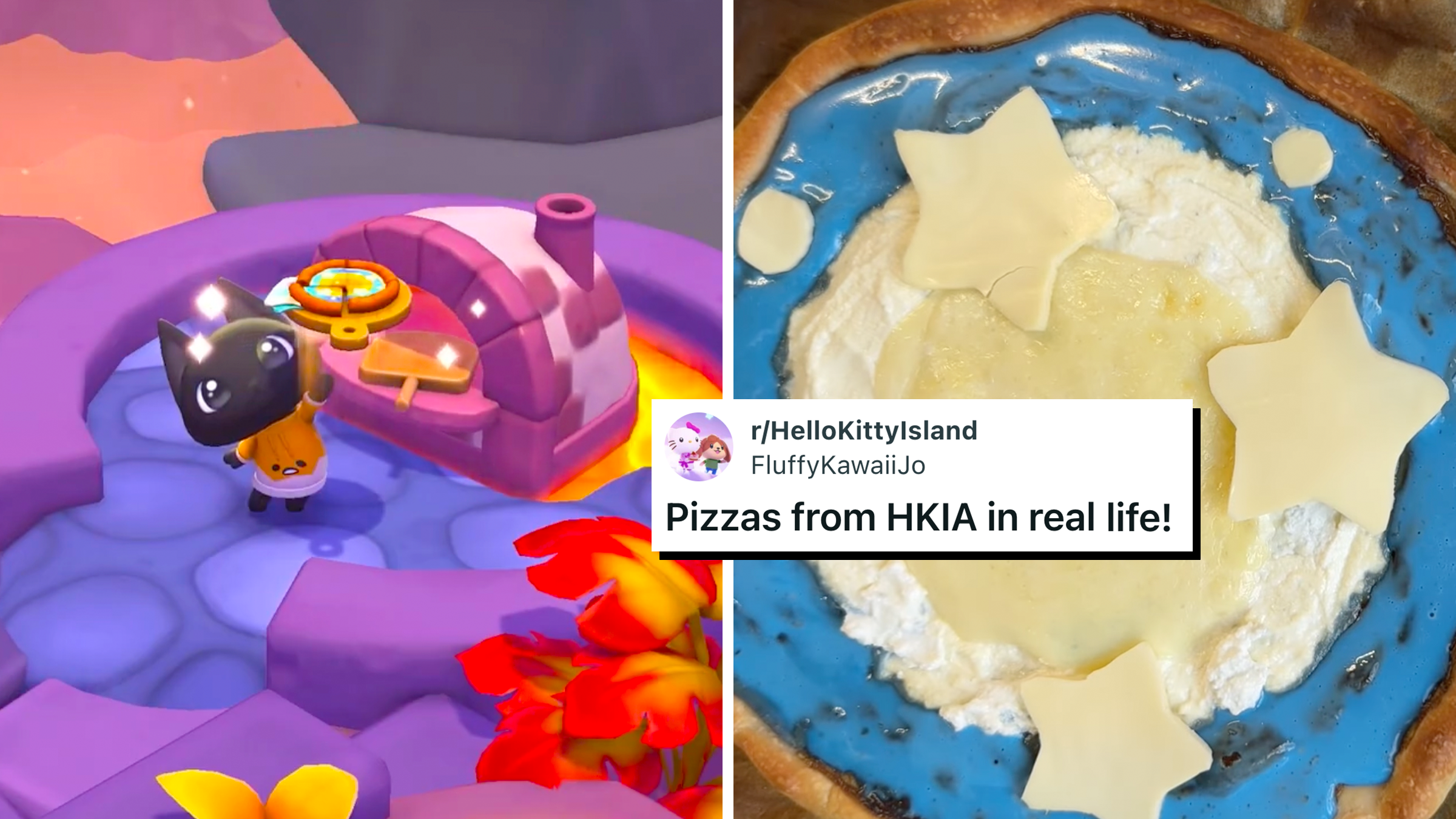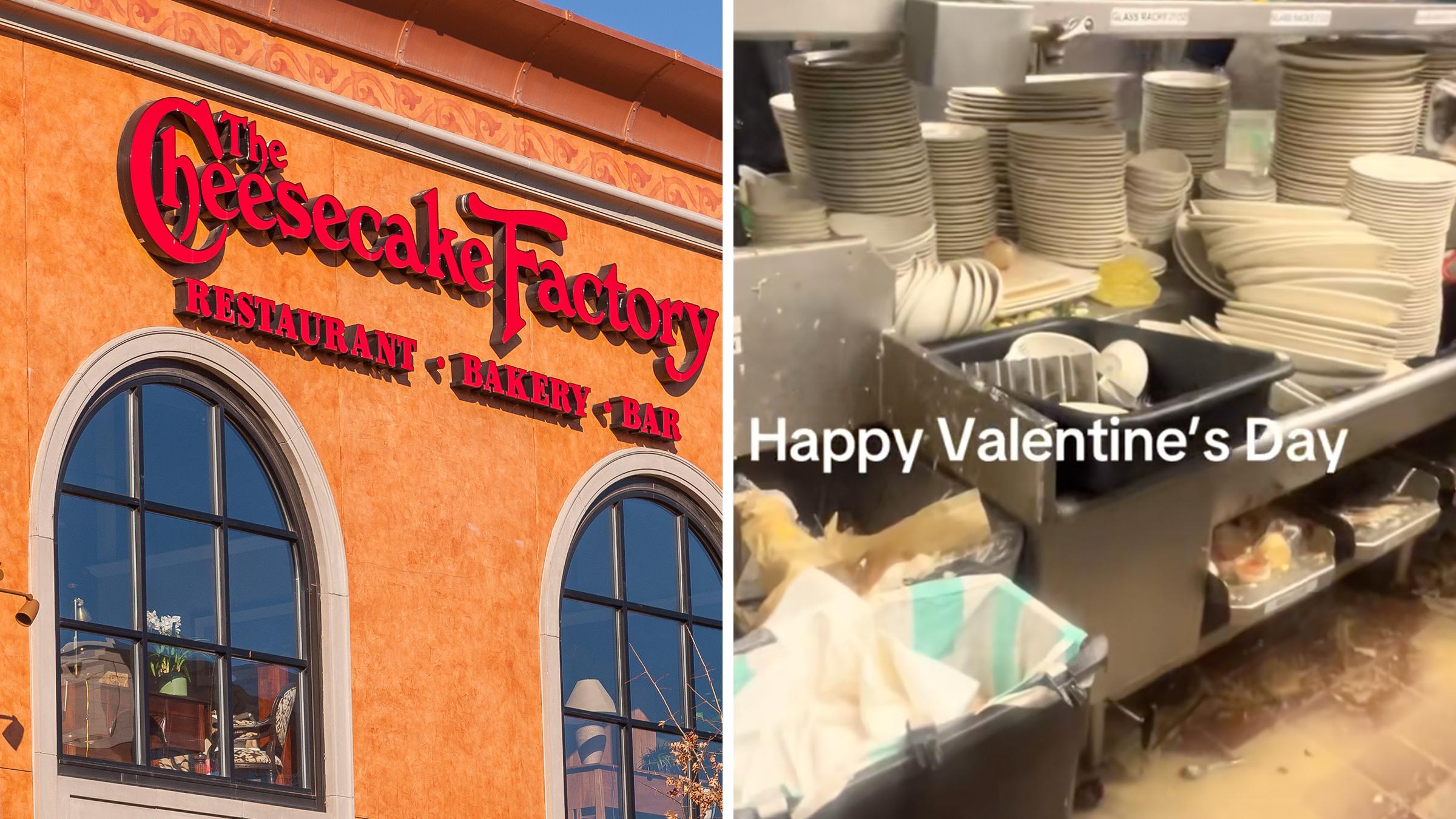Decoding Fandom is a weekly column that dives deep into the world of fan culture and runs on Wednesdays in the Daily Dot’s web_crawlr newsletter. If you want to get this column a day before we publish it, subscribe to web_crawlr, where you’ll get the daily scoop of internet culture delivered straight to your inbox.
Video game adaptations are a controversial prospect among fans. As many gamers tell it, they’re often poorly done and fail to live up to the source material, disappointing longtime players.
But a new adaptation has the majority of fans in a celebratory mood for once. Amazon Prime’s Fallout series takes place in the same universe as the video game while telling an original narrative. The show follows Lucy (Ella Purnell) as she travels through a post-apocalyptic nuclear wasteland in search of her father.
If social media is any indication, the majority of the Fallout fandom enjoys the new series. On Reddit and X, fans praised the show’s attention to detail, highlighting the eye-catching visuals and meticulous production design. Fans expressed their admiration for the main character, Lucy, who serves as a portal to this newly fleshed-out world. Some claimed it was the best video game adaptation they’d ever seen.
Though certain fans had gripes with specific details or elements of the canon—some felt NCR, or New California Republic, was “done dirty” in the series—others delighted in discovering all the easter eggs and callbacks to the game. (The “Leo Pointing” gif was a common reaction image on X.) Canonical quibbles aside, the general consensus was one of approval.
Rifts in 'Fallout' fandom
Of course, no fandom is a monolith, and that’s certainly true of Fallout. One group who aren’t totally happy with the new series are fans of New Vegas, a 2010 spin-off of the game. New Vegas fans have a reputation within the community for being toxic, and though many agree New Vegas is the best iteration of the game, not everyone wants to associate with this group.
“Everyone loved it except New Vegas fans. But those fans have been shitting on Fallout for ages,” one fan wrote on X. Nonetheless, hating on New Vegas fans has had something of a unifying effect within the fandom. “It warms my heart to see the fallout community band together and shut these whiny NV fanboys down,” wrote another fan.
There’s one other strain within the fandom that doesn’t cohere with this positive consensus, and that’s the “anti-woke” viewers, who overlap with the run-off-the-mill racists and sexists. One right-wing Christian user on X made a popular post calling the show “leftist propaganda,” and another derided the series’ interracial kiss.
To round out these criticisms with a bit of misogyny, one post with millions of views depicts an AI image of the main character with a notably more rotund backside. These comments didn’t go unaddressed, as other fans dunked on the “leftist propaganda” post and decried the sexism that still exists within the gaming community.
To be sure, not everyone watching the series is a fan of the game, and the most vocal of these non-gamers on X are fans of lead actress Ella Purnell.
These fans arrived at Fallout via Yellowjackets, the show Purnell starred in previously. Many of these viewers are queer (some fans shipped Purnell’s character in Yellowjackets with her best friend), and want her character Lucy to be a lesbian in the series. It’s unlikely that Fallout’s producers predicted this particular sub-fandom, but it’s not surprising they’ve arrived on the scene.
Making an entire fandom happy is a near-impossible task, but Fallout has come closer than most other video game adaptations. There are still toxic elements within the fandom, as evidenced by certain dissenting opinions, but it’s clear most fans wanted to enjoy the series and were delighted that it exceeded their expectations.
Why it matters
Being faithful to the source material doesn’t mean bowing to every demand from the fans, but instead understanding what it is fans connect with and parsing out what makes the material great in the first place.
Fallout succeeded in giving fans plenty to chew on without forgetting how to tell a good story. Fandom can be divisive and cutthroat, but a good series should be able to withstand the discourse.
The internet is chaotic—but we’ll break it down for you in one daily email. Sign up for the Daily Dot’s web_crawlr newsletter here to get the best (and worst) of the internet straight into your inbox.






